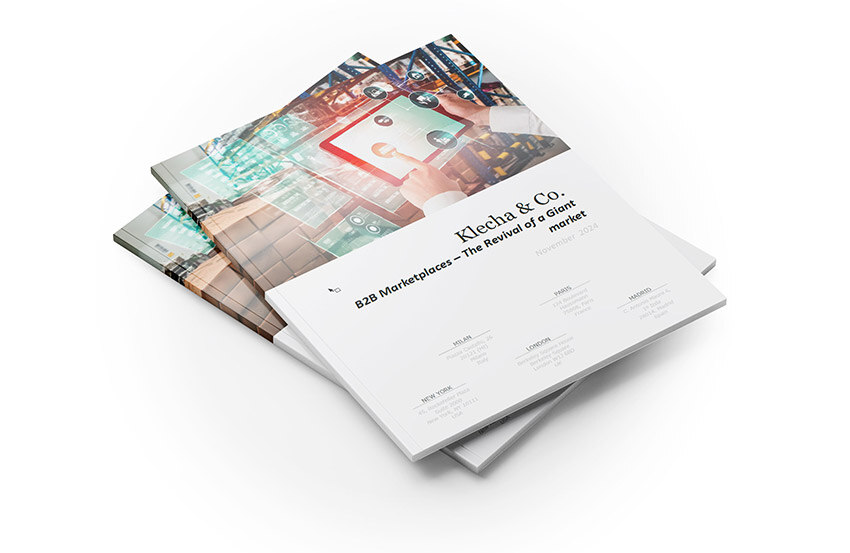Applications in B2B eCommerce and B2B marketplaces include but are not limited to:
- AI-enabled recommendation engines, moving away from catalog models
- The rise of AI-driven trade credit brings new data sources and real-time tracking
- Product data management for distributors
- Data asset management
- Customisation for businesses' need
- Logistical streamlining, order fulfillment and optimising supply chain operations
- Real-time inventory management
- Demand pattern prediction
While AI usage is on the rise in B2B eCommerce and B2B marketplaces, it is still in a nascent stage compared to B2C and D2C, with mega-platforms in the latter space far ahead.
Gauging impact from estimated in B2C and D2C, e.g. according to Mckinsey, Accenture, IBM and Deloitte research:
- Personalisation can reduce Customer Acquisition Costs (CAC) as much as 50%, lift revenues by 5-15%, and increase efficiency of marketing spend by 10-30%, and AI is a key
- Real-time inventory management, logistical streamlining and optimisiation of supply chain operations – AI can improve forecasting accuracy by up to 30%, leading to a 20% reduction in inventory costs
- Order fulfillment – 79% of supply chain leaders believe AI will be a critical part of their supply chain strategies by 2025

